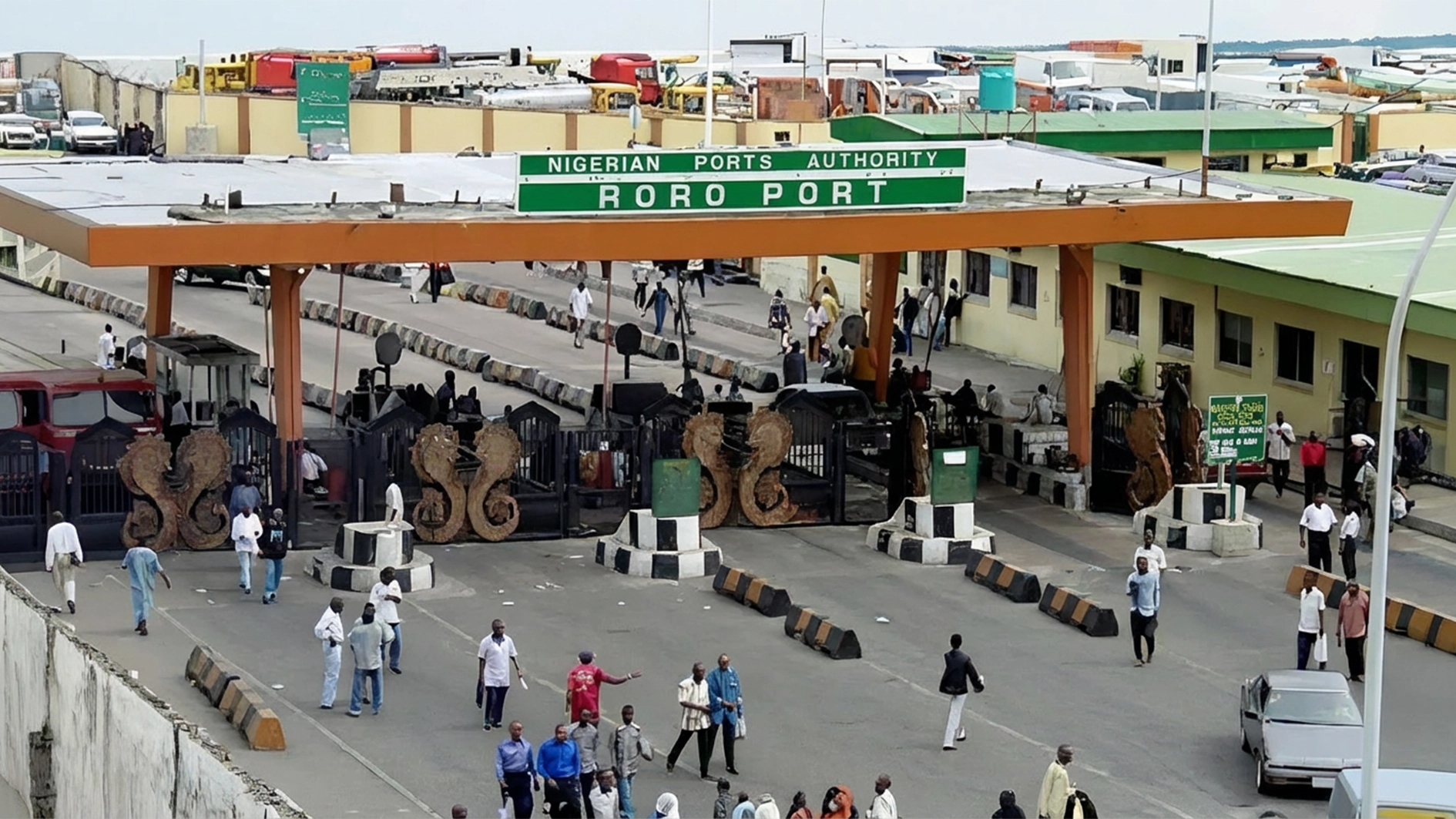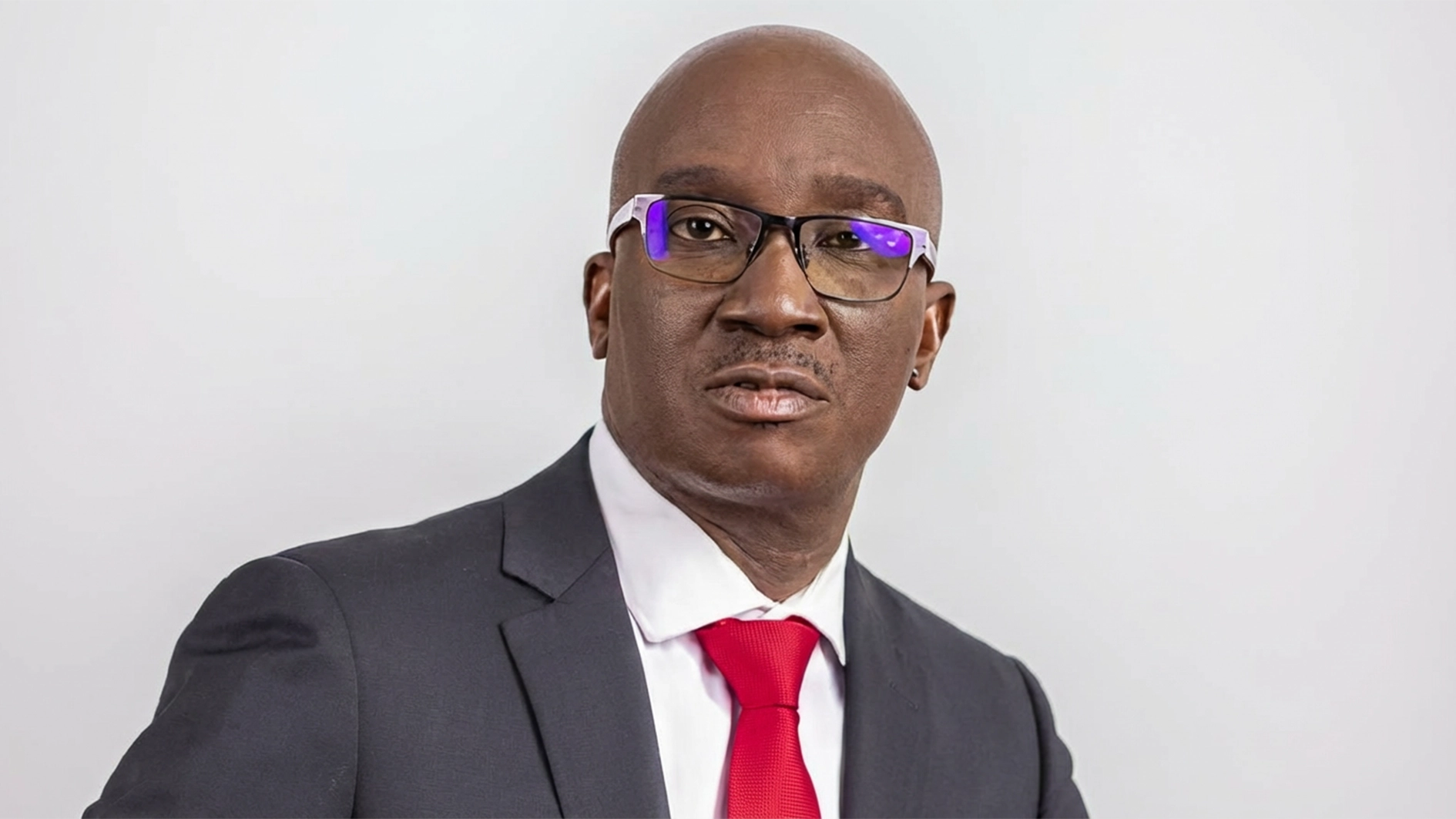By Adekunle John
In the heartland of Nigeria’s agricultural corridor, a quiet revolution is unfolding. Fields of tomatoes, yams, cassava, and maize stretch endlessly across the landscapes of Benue and Nasarawa States, but for decades, these fertile lands have been haunted by a persistent challenge—post-harvest loss. The irony is painful: while millions of Nigerians face food insecurity and inflation-driven hunger, up to 40% of crops never make it from farm to market. They perish in heaps, victims of inadequate storage, inefficient logistics, and lack of access to timely market information. For many, this has been seen as an unfortunate but immovable reality. For Samuel Idoko Alogo, it was a call to action.
Samuel Alogo, an operations strategist and leading mind in artificial intelligence and robotics, is changing the face of Nigeria’s agriculture—not by teaching farmers how to farm, but by equipping them with the tools to preserve, process, and distribute their harvests intelligently and profitably. His pioneering work in deploying AI-powered and robotics-enabled agricultural tools is rewriting the script for farmers across Benue and Nasarawa. What began as a research initiative has grown into a practical, high-impact intervention in the lives of rural communities. The cornerstone of this initiative is a suite of intelligent tools—robotic systems that sort, grade, and package crops with machine precision, and AI platforms that provide real-time market intelligence and predictive logistics planning.
These systems, developed locally and designed specifically for low-infrastructure environments, are changing the economics of smallholder farming. Built to operate on solar power and equipped with compact designs suitable for rural co-operatives, the robots use image recognition and machine learning to detect rot, size variation, and damage in produce. In a cassava processing cluster in Makurdi, a system deployed by Alogo’s team now processes over two tonnes of cassava daily with significantly lower rejection rates. In Lafia, vegetable farmers are using the AI-driven systems to sort and package leafy greens and tomatoes, dramatically reducing spoilage and meeting the quality standards of urban retailers and supermarket chains. Farmers who once relied on informal traders to buy their produce at uncertain prices now receive updated market data on their phones. They can make informed decisions about when and where to sell. The platform even includes basic financial tools to calculate expected margins based on market forecasts, input costs, and transportation routes.
Yet, the impact goes beyond crops and numbers. What Alogo has created is a new value chain—one that centers the farmer as an empowered decision-maker, not a passive actor at the mercy of intermediaries. In communities where these technologies have been deployed, farmers report an increase in income of between 18% and 40%, driven by better pricing, reduced waste, and access to higher-value buyers. Young people who once saw agriculture as an unattractive last resort are now engaging with it as a frontier of technological innovation. Through partnerships with local vocational institutes and polytechnics, Alogo has also established training programs where rural youth learn to operate and maintain these robotic systems, analyze agricultural data, and build basic AI models tailored for agricultural use cases.
The national implications of this work are profound. According to the Nigerian Stored Products Research Institute, Nigeria loses billions of naira annually to post-harvest waste. Beyond the economic loss, the social costs include food shortages, rising prices, and undernourishment, especially among children in rural areas. By addressing this loss at scale, Alogo’s systems promise not only improved food availability and lower consumer prices but also the creation of rural employment and the strengthening of Nigeria’s food security framework.
A crucial component of the platform is its distribution intelligence layer. Once sorted and packaged, produce is routed to buyers through an AI-powered logistics system that maps the most efficient delivery routes, forecasts demand spikes, and allocates cold-chain capacity where available. In collaboration with local logistics operators, Alogo’s framework helps align production with real-time buyer demand—eliminating guesswork and enabling farmers to avoid the usual chaos of market day surpluses and spoilage.
In addition to solving for efficiency, the system incorporates traceability features based on blockchain principles. For Nigerian producers interested in exporting crops like ginger, hibiscus, and sesame to Europe, the Middle East, and Asia, this is a game-changer. International buyers increasingly demand traceable supply chains, and Alogo’s tools provide the data to meet that demand—recording time of harvest, point of origin, handling conditions, and transport duration in a secure, shareable format.
Still, Samuel Alogo’s vision is neither utopian nor short-term. He is acutely aware of the challenges that come with scaling innovation in a context like Nigeria—ranging from financing gaps and infrastructure deficits to limited digital literacy. But it is precisely because of these challenges that his work is so vital. His philosophy is grounded in a belief that innovation must be designed with the end user in mind, especially when that user is a smallholder farmer without access to grid power, formal education, or credit. The systems Alogo has built are not only intelligent—they are inclusive, scalable, and relevant to Nigeria’s socio-economic landscape.
Looking ahead, Alogo plans to expand the project to Kaduna, Ekiti, and Cross River States, working with farming unions, NGOs, and government agencies to build regional centers of excellence in agricultural intelligence. Already, discussions are underway with export agencies and development finance institutions to roll out support programs that will enable more co-operatives to adopt the technology. For now, the results in Benue and Nasarawa stand as a powerful proof of concept—demonstrating that with the right tools, Nigeria’s farmers can do more than feed the nation; they can build an export-ready agricultural economy driven by innovation and led by Nigerians.
There is something quietly radical in the way Samuel Alogo approaches technology. He is not interested in building for applause, but in building for impact. His robots are not meant to replace human workers—they are meant to amplify their potential. His AI is not abstract—it is grounded in the lived experience of farmers. And his ambition is not limited to tech hubs or conference stages—it reaches into the dusty corners of Nigeria’s food markets and the crowded co-operative centers where people fight daily to make ends meet.
In a nation hungry for solutions, Samuel Alogo is feeding possibility. One machine. One harvest. One empowered farmer at a time.






